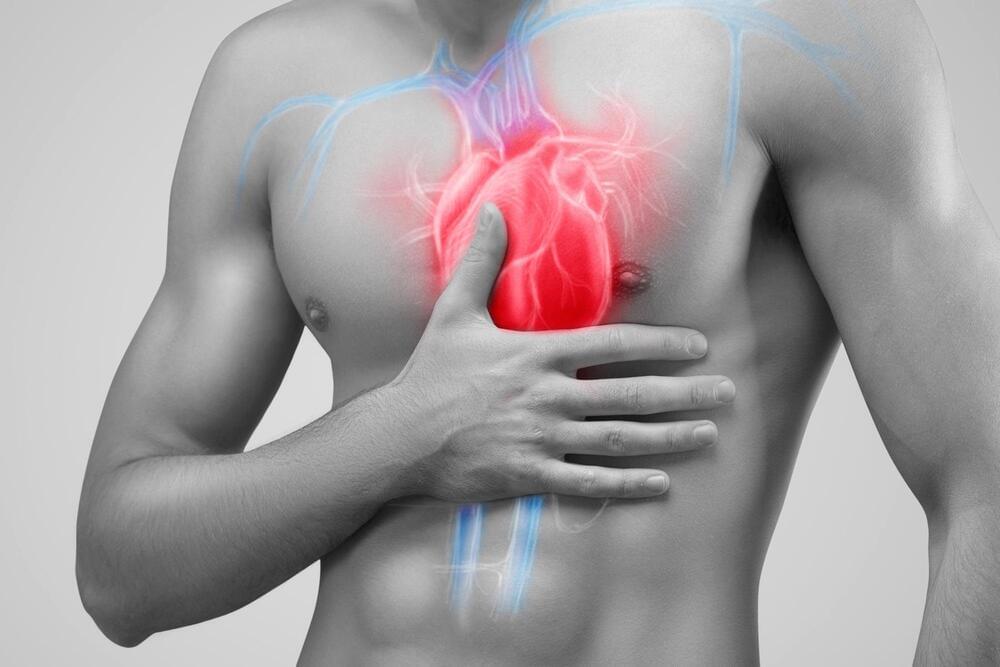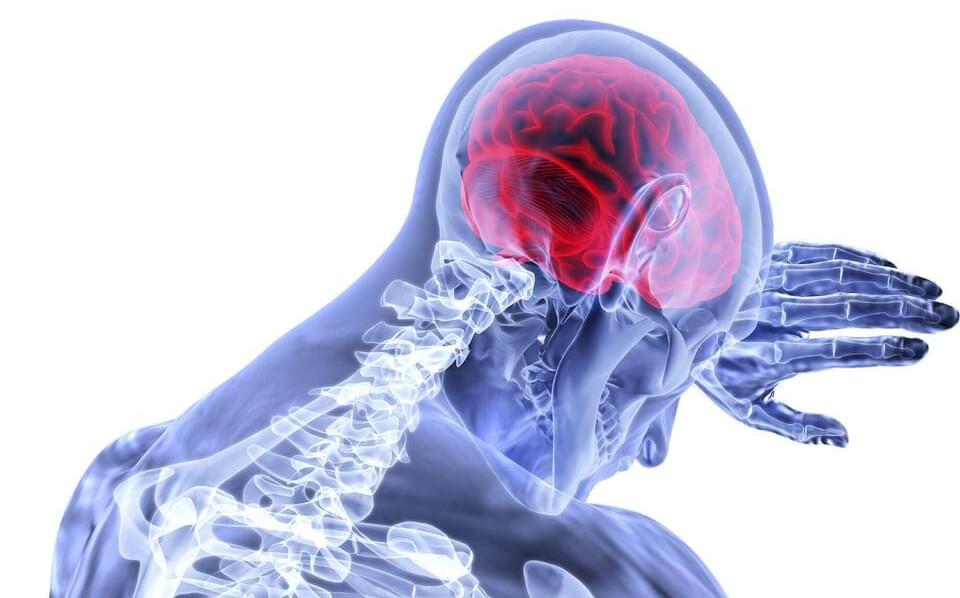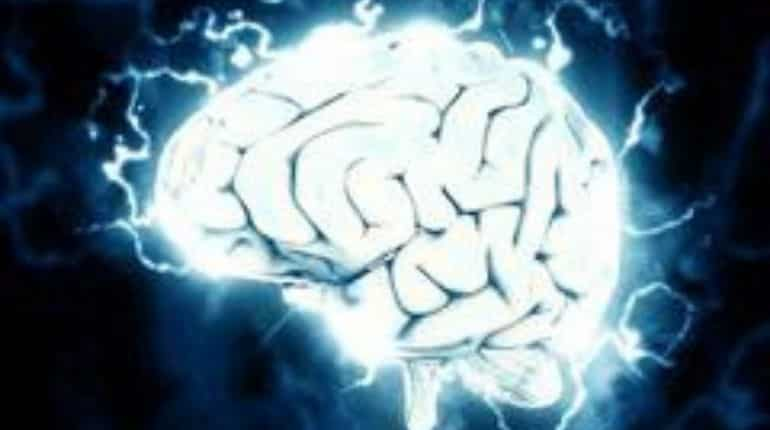Mar 31, 2024
Scientists Find Human Brains Are Getting Larger and Larger
Posted by Kelvin Dafiaghor in categories: biotech/medical, health, neuroscience
If someone tells you that you have a big head, take that as a compliment.
Humankind’s brains have apparently gotten bigger and bigger over the years, according to a team of scientists, who are surmising that bigger brains may stave off dementia as folks age.
An international team of researchers, led by the University of California Davis Health, arrived at this finding after studying the MRIs of people starting with those born in the 1930s, all the way through the 1970s.

















